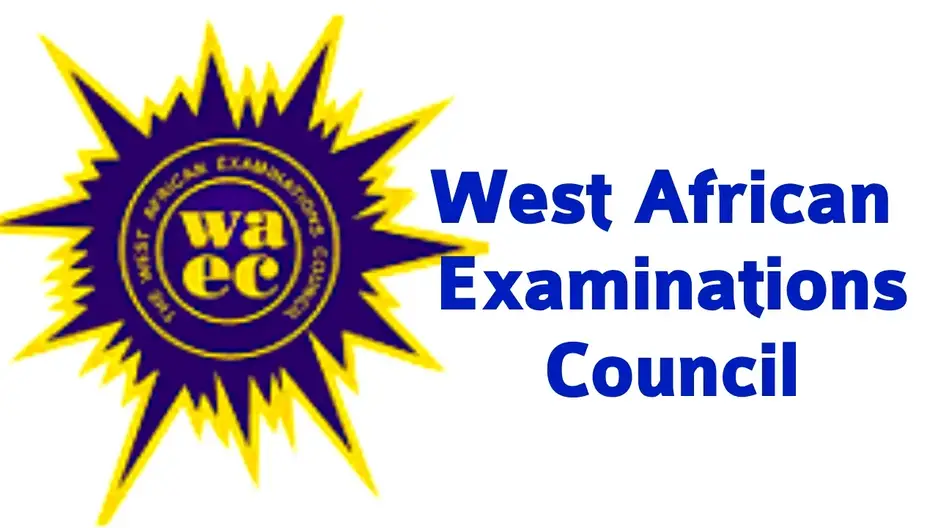
The WAEC syllabus for Computer Studies is essential for candidates preparing for the examination. It outlines the aims, objectives, notes, and format for the Computer Studies exam.
Studying the Computer Studies syllabus is crucial for effective exam preparation, providing a clear guide on the topics to cover and the concepts to understand.
Attempting exam preparations without referencing the Computer Studies syllabus is akin to embarking on farm work without the necessary agricultural tools, resulting in decreased productivity.
It is imperative to kickstart exam preparations by thoroughly engaging with the provided syllabus.
This post also includes recommended textbooks approved by the West African Examination Council (WAEC) to supplement your study of Computer Studies.
WAEC Computer Studies
This examination syllabus is developed from the National Curriculum for Senior Secondary School Computer Studies. It highlights the scope of the course for Computer Studies examinations at this level. Its structuring revolves around a conceptual approach. The major thematic areas considered in the entire syllabus include:
- Computer fundamentals and evolution
- Computer hardware
- Computer Software
- Basic Computer Operations
- Computer Applications
- Managing Computer files
- Developing problem-solving skills
- Information and Communication Technology
- Computer ethics and human issues
Each thematic area forms a concept which is further divided into sub-concepts. This examination syllabus is not a substitute for the teaching syllabus. Therefore, it does not replace the curriculum.
Objectives
The objectives of the syllabus are to test candidates’ understanding, knowledge and acquisition of
- basic concepts of computer and its operations;
- manipulative, computational and problem-solving skills;
- application of software packages;
- operation of computer-related simple devices;
- on-line skills and their applications;
- safe attitudes and good practices on effective use of computer;
- potential for higher studies in Computer related areas.
Examination Scheme
There will be three papers, Papers 1, 2 and 3, all of which must be taken. Papers 1 and 2 shall be a composite paper to be taken at one sitting.
Paper 1: will consist of 50 multiple-choice objective questions all of which are to be answered in 1 hour for 25 marks.
Paper 2: will consist of five essay questions. Candidates will be required to answer any three in 1 hour for 30 marks.
Paper 3: will test the actual practical skills of school candidates and knowledge of practical work for private candidates. It will consist of three questions to be answered in 2 hours for 45 marks.
WAEC Computer Studies Syllabus
Computer Evolution
- Computing Devices I (Pre-computing age- 19th century)
- Computing Devices II (20th century to date)
Fundamentals of Computing
- Overview of Computing System
- Data and Information
Computer Ethics and Human Issues
- Security and Ethics
Computer Hardware
- Input devices
- Output Devices
- Central Processing Unit
- Memory Unit
- Logic Circuits
Computer Software
- System Software
- Operating System
- Application Software
Computer Application
- Word Processing
- Spreadsheet
- Database
- Graphics
- Presentation package
Managing Computer Files
- Concept of Computer Files
- Handling Computer Files
Basic Computer Operations
- Booting and shutting down process
- Computer Data Conversion
Information and Communication Technology (ICT)
- Communication Systems
- Application areas of ICT
- Internet
- Electronic Mail(e-mail)Services
- Networking
- Introduction to Worldwide web (W.W.W.)
- Cables and Connectors
Developing Problem-Solving Skills
- Programming Language(PL)
- High LevelLanguages
- Algorithm and Flowchart
- BASIC Programming
- Systems Development Cycle
- Program Development Cycle
Facilities and Materials
LIST OF FACILITIES AND MAJOR EQUIPMENT/MATERIALS REQUIRED:
- Computer set
- Laptops
- Scanners
- Printers
- Fax Machine
- GSM Phone
- Memory chips
- Hard disks
- Flash drives
- Internet connectivity
- DVD
- Compact disks
- Cables (power and data)
- Word processing packages, database package, BASIC program and
- CorelDraw